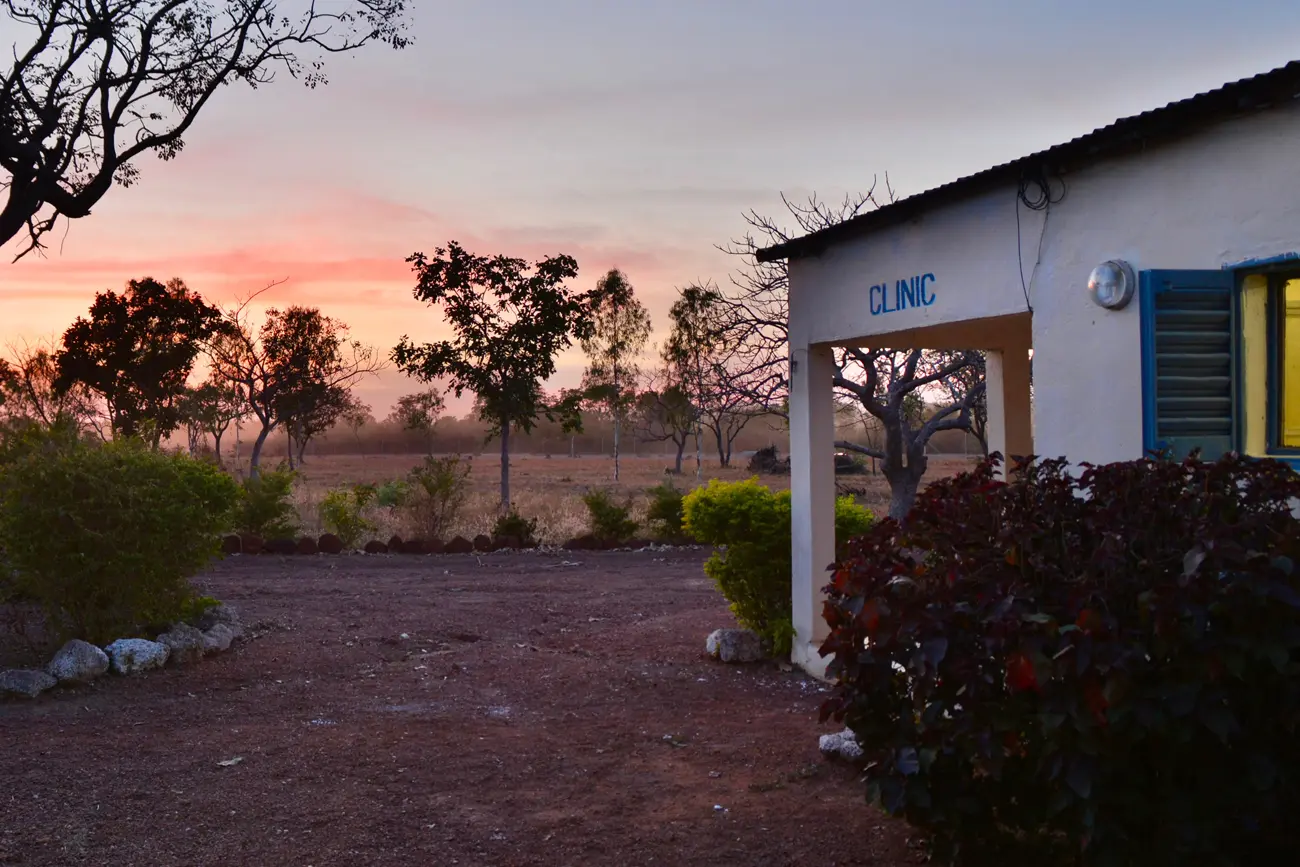
Eye Witness News
6 October 2015
JOHANNESBURG – The Southern African Litigation Centre (SALC) has urged government to continue communicating with the International Criminal Court (ICC) to resolve the dispute over Omar al-Bashir.
Government has asked the court for more time to explain why it didn’t arrest the Sudanese leader when he attended the African Union Summit in South Africa in June.
The North Gauteng High Court has already ruled that al-Bashir should have been stopped from leaving the country.
Government says it was not allowed to present legal arguments during the application to have al-Bashir arrested, and thus South Africa’s rights were violated.
But it says what was supposed to be a diplomatic and political process then morphed into a judicial process and South Africa was not given a chance to speak at that point.
As a result, government says the country’s rights as a state party were violated and the court has acted against the letter and the spirit of the Rome Statute.
In its submission, government says South Africa approached the court to ask to consult with it on this issue because it faced conflicting obligations arising from the immunities given to serving heads of state and the demands of judges.
The Litigation Centre’s Executive Director Kaajal Ramjathan-Keogh says government is right to speak to the ICC.
“So that they can confirm and decide on the parameters of their obligations and that each party comes away with a workable solution to the situation.”
International Relations expert Chris Landsberg says government wants to resolve this matter.
“South Africa doesn’t want a showdown with the ICC, south Africa knows that the threat of pulling out of the ICC will take at least one year.
It also says South Africa will now approach the Secretariat of the Assembly of State Parties to the Rome Statute to seek clarity about this type of situation.
Furthermore, in its submission government says it needs more time to consider this issue, because of the conflicting legal principles involved both in international law, and in domestic law.
South Africa is also going to ask the political body that oversees the ICC to ask for clarity on how to deal with a situation where a serving head of state is supposed to be arrested, despite having immunity.
Government also says it remains committed to international justice and that it will still cooperate with the court.
The North Gauteng High Court has already said that the domestication of the Rome Statute into South African domestic law over-rides any immunity that al-Bashir could claim to have.
Government has said it still wants to work with the court and towards international justice.
http://ewn.co.za/2015/10/06/Litigation-Centre-urges-govt-to-engage-with-ICC



